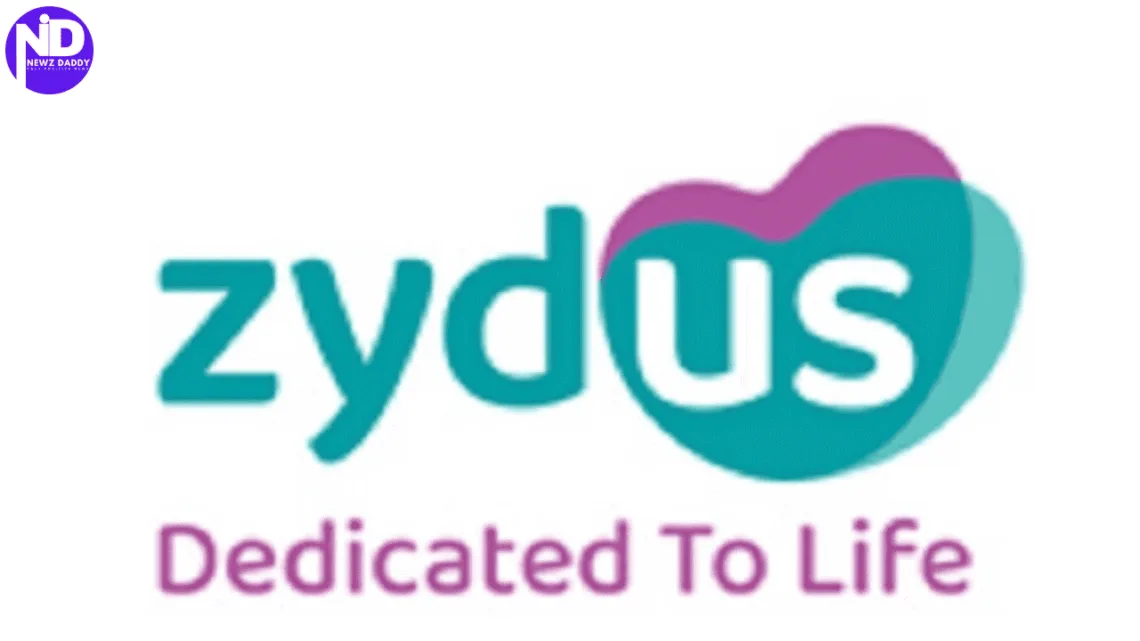Saroglitazar PBC Trial Shows Hope For Liver Disease Patients
Newz Daddy Healthcare Updates
Zydus Therapeutics, a wholly owned subsidiary of Zydus Lifesciences Ltd., a global innovation-led healthcare company, today announced positive topline results from the pivotal EPICS-III Phase 2(b)/3 clinical trial. In this trial, the safety and efficacy of Saroglitazar, an investigational alpha/gamma Peroxisome Proliferator-Activated Receptor (PPAR) agonist, was evaluated for the treatment of adult patients with Primary Biliary Cholangitis (PBC) who had an inadequate response or intolerance to ursodeoxycholic acid (UDCA), the current standard-of-care.
Speaking on the development, Chairman of Zydus Lifesciences, Mr. Pankaj Patel said, “The EPICS-III results reinforce our commitment to advancing novel treatments for chronic liver disease, an area of high unmet medical need and growing global impact. Saroglitazar is the first PPAR alpha/gamma agonist to demonstrate positive Phase 3 data in patients with PBC and has the potential to bring real value to both patients and their healthcare providers who may need more options. As we look ahead, we’re excited about the potential of this investigational treatment and intend to discuss these results with regulatory agencies and plan to move forward with a regulatory submission to the U.S. Food and Drug Administration in the first quarter of 2026.”
Trial met the primary endpoint, with a statistically significant treatment difference in the percentage of patients achieving a clinically meaningful biochemical response with Saroglitazar compared to placebo.
In the EPICS-III trial, about 48.5% of patients given Saroglitazar 1 mg met the combined biochemical response criteria versus placebo, and the P value was less than 0.001, indicating strong statistical significance.
The biochemical response was based on lowering alkaline phosphatase (ALP) to below 1.67× the upper limit of normal (ULN), reducing ALP by at least 15% from baseline, and keeping total bilirubin (or direct bilirubin in patients with Gilbert’s syndrome) within normal limits. These measures are widely used in PBC studies because they link well to liver health and future risk of disease progression.
Meeting this composite endpoint is meaningful because higher ALP and bilirubin levels are known predictors of disease worsening in PBC.
Saroglitazar was generally well tolerated, with overall adverse events generally balanced between Saroglitazar-treated and placebo-treated patients.
Safety in the trial appeared good, with no unexpected or major safety signals. The frequency of side effects was similar in the Saroglitazar and placebo groups, suggesting the drug was well-tolerated in this patient population.
Previous studies of Saroglitazar in other liver diseases and metabolic conditions had shown a generally favourable safety profile, which gives more confidence in using it for PBC.
Zydus Therapeutics, the US-based innovation-focused speciality arm of Zydus Lifesciences Ltd, intends to submit a U.S. regulatory application for Saroglitazar in the first quarter of 2026.
Zydus has obtained Fast Track designation and Orphan Drug Designation from the U.S. Food and Drug Administration for Saroglitazar in PBC. These designations help speed up regulatory review and development for drugs treating serious or rare diseases.
The planned 2026 filing is aimed at securing regulatory approval in the U.S., which would be a significant step for patients who have limited treatment options after UDCA.
If approved, Saroglitazar may fill an important gap in the PBC treatment landscape, especially for patients who do not respond well to UDCA or cannot tolerate it.
The trial met its primary composite endpoint, with a treatment difference in achieving a biochemical response of 48.5%, favouring Saroglitazar 1 mg compared to those treated with placebo (P<0.001). Biochemical response was defined as alkaline phosphatase (ALP) <1.67× upper limit of normal (ULN), a ≥15% decrease of ALP relative to baseline, and total bilirubin ≤ ULN or direct bilirubin ≤ULN in patients with known Gilbert’s syndrome at 52 weeks. ALP and bilirubin are important predictors of PBC disease progression. The trial also met its key secondary endpoint, the proportion of subjects with complete normalisation of ALP defined as ALP ≤ULN at 52 weeks. In the trial, Saroglitazar 1mg was generally well tolerated, with adverse events generally balanced between Saroglitazar 1mg-treated and placebo-treated patients.
In clinical practice, we often see patients who continue to struggle despite being on standard therapy,” said Raj Vuppalanchi, MD, Professor of Medicine at Indiana University School of Medicine and Global Principal Investigator for the EPICS-III study. “Expanding our treatment options with new therapies could significantly change how we personalise care for individuals with PBC who haven’t responded to first-line treatment. We are thankful to the patients, their families, and the investigators whose participation made this study possible.
The full data from the EPICS-III trial will be presented at a future scientific congress.
Collaboration from leading clinical researchers, including Prof. Raj Vuppalanchi and others at Indiana University, speaks to the strong scientific partnerships driving this work.
Future presentations of the detailed trial data are expected, which will give clinicians more information about exactly how much ALP was reduced, how many patients achieved full normalisation, what other liver biomarkers changed, and how participants felt in terms of symptoms like itching and fatigue.
If these detailed findings are favourable, they could help define how Saroglitazar might fit into treatment guidelines and real-world use for PBC, especially for patients who do not have good alternatives.
Must Read:
Dr. Limbachiya’s Minimally Invasive Surgical Techniques inspire hope worldwide
Gujarat’s Landmark Dairy Innovation: A Sustainable Leap Forward






